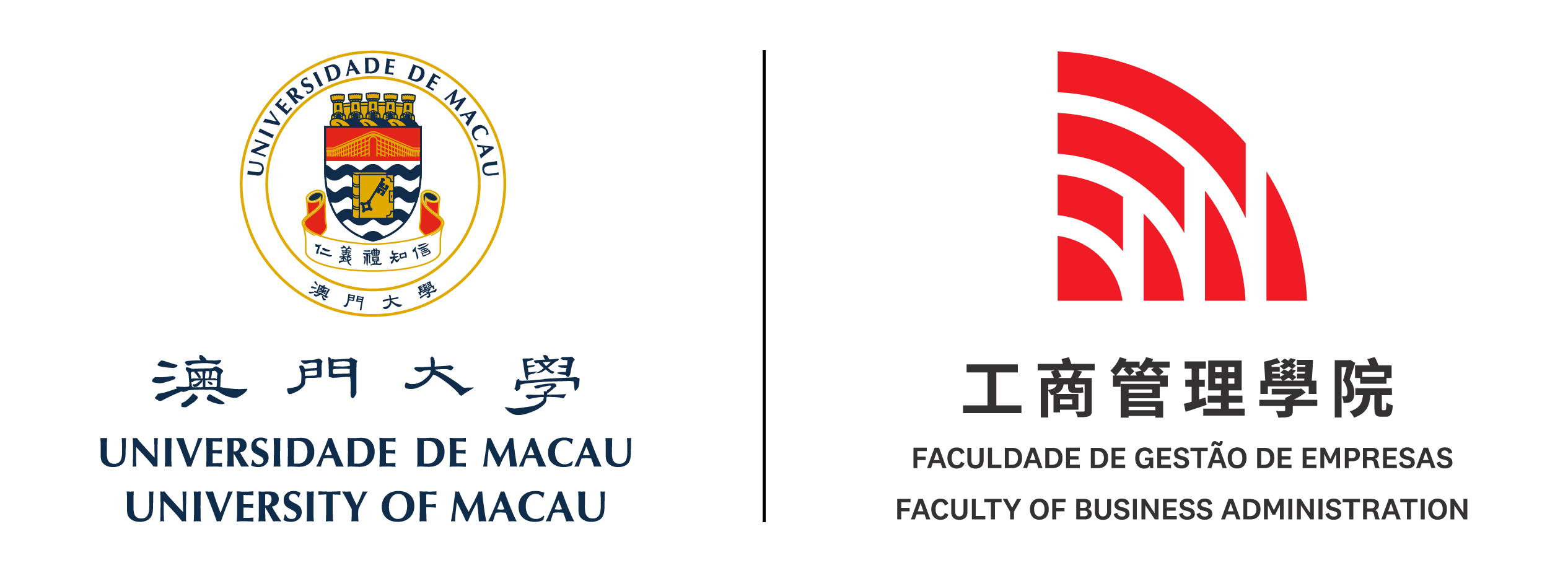Artificial Intelligence and Firm Resilience: Evidence from Firm Performance under Natural Disaster
Prof. Hongchuan SHEN
Assistant Professor in Business Intelligence and Analytics
FBA, UM
Date: 10 September 2024 (Tuesday)
Time: 1:00pm to 2:00pm
Venue: FBA Lobby
Abstract
In recent years, a growing body of consumer research has examined the effects of linguistic framing, or semantic framing, in which two words or phrases that are similar but not equivalent, can have profoundly different influences because of subtle variations in their semantic meanings or connotations. In this salon talk, Prof. Chen will present two of her recent studies that examine the effects of linguistic framing in marketing communications such as crowdfunding appeals (Su, Li, Sengupta, and Chen 2023) and public service communications to promote consumer health behaviors (Pang, Chen, and Wang, in progress).
Speaker
Artificial intelligence (AI) has been increasingly deployed in business operations over the past decade. While AI productivity in normal times has been extensively studied, direct evidence of its effectiveness in uncertain contexts is limited. Our work fills this gap by examining the contribution of AI to corporate resilience under natural disaster shocks, particularly concentrating on AI-using and goods-producing firms. We measure firm AI investment by the cumulative AI-relevant skills extracted from a comprehensive job posting database. We gauge firm resilience with the changes of corporate valuation in response to operational shocks induced by natural disasters. Using a pooled event study approach, we provide evidence that AI generates resilience: an average firm that equips 2.4\% of total jobs to be AI-related could approximately recover the full damage of disasters reflected in corporate valuation over a short event window. Then, we discuss mechanisms under the framework of an adapted production function model. Combined with an instrumental variable that integrates baseline firm-specific task structure and over time task-specific AI suitability, we find consistent evidence that, during turbulent periods, AI deployment moderates the decreased responsiveness of firm output to both labor and capital inputs in the production process. Overall, our study makes a distinct contribution relative to prior literature that has focused on AI productivity while assuming certainty or homogeneous factor elasticity. Our findings provide managerial implications regarding the interplay between environmental conditions and firm investments in both AI technology and complementary infrastructures.
All are welcome!


